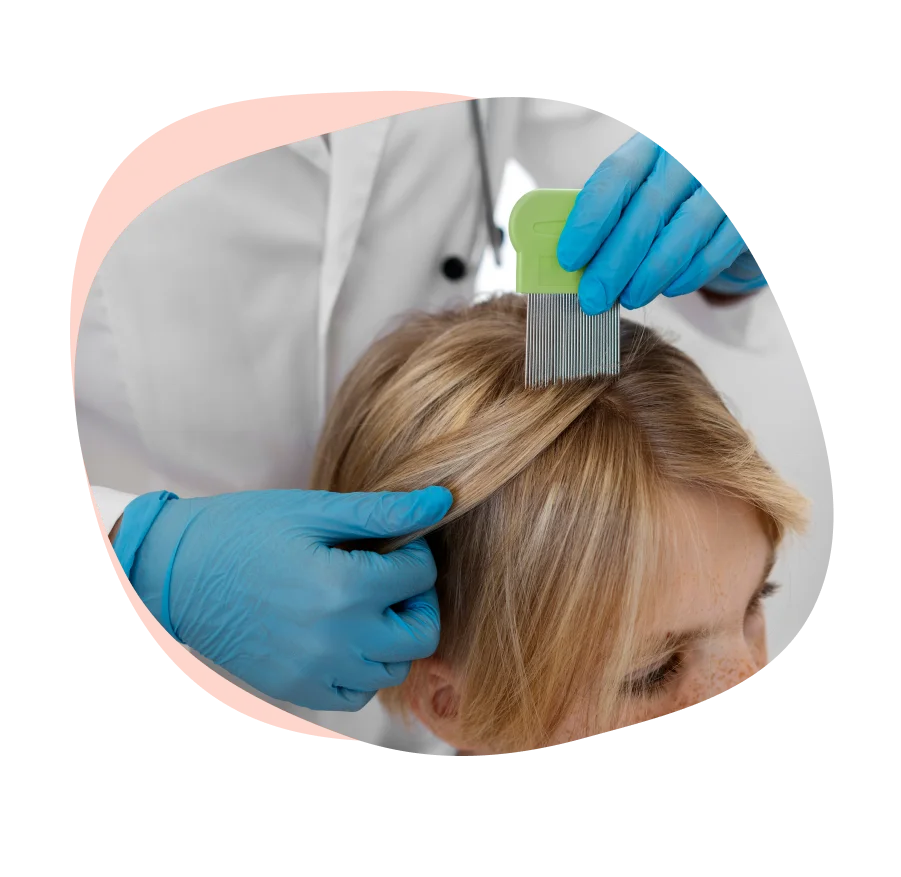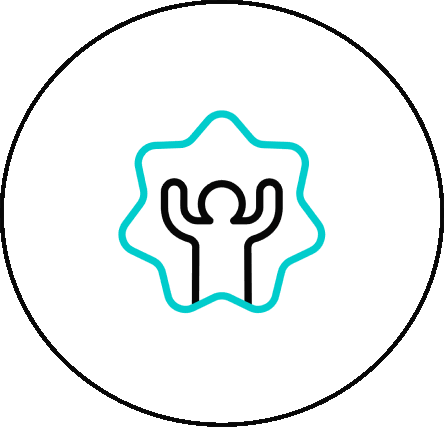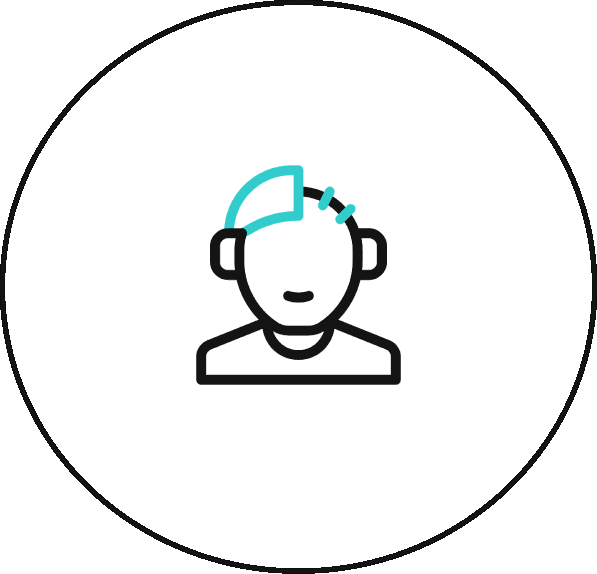Hirsutism treatment
Hirsutism treatment![]()
What is Hirsutism treatment
Hirsutism is a common condition characterized by excessive hair growth in areas where hair is typically minimal or absent, such as the face, chest, back, and abdomen. While some degree of hair growth is normal for both men and women, hirsutism refers to hair growth patterns in women that are more typical of male hair growth. At AlloRoots Hair Restoration, we’re dedicated to providing you with valuable information and resources to help you better understand and manage hirsutism.
Understanding Hirsutism
Hirsutism is often caused by an underlying hormonal imbalance, particularly an increase in androgen levels (male hormones) such as testosterone. This hormonal imbalance can be influenced by various factors, including genetics, certain medical conditions like polycystic ovary syndrome (PCOS), medications, and hormonal fluctuations.
Signs and Symptoms
- Excessive hair growth on the face (upper lip, chin), chest, back, and abdomen
- Coarse, dark hair growth in areas typically associated with male pattern hair growth
- Acne, oily skin, and irregular menstrual cycles may also accompany hirsutism in some cases
Hirsutism treatment![]()
![]()
![]()
![]()
![]()
Effective Treatment Options
Effective management of hirsutism often involves a combination of approaches tailored to address the underlying cause and manage symptoms. Here are some common treatment options:
- Medications: Oral contraceptives (birth control pills) containing estrogen and progestin can help regulate hormone levels and reduce androgen production, leading to decreased hair growth. Anti-androgen medications, such as spironolactone, can also be prescribed to block the effects of androgens on the hair follicles.
- Topical Treatments: Prescription creams or lotions containing eflornithine can help slow down the growth of facial hair by inhibiting an enzyme necessary for hair growth.
- Laser Hair Removal: Laser hair removal is a popular option for reducing unwanted hair growth. It works by targeting the hair follicles with concentrated light energy, leading to permanent hair reduction over time.
- Electrolysis: Electrolysis involves the use of a fine needle inserted into each hair follicle to deliver an electrical current, destroying the follicle and preventing future hair growth.
- Lifestyle Modifications: Maintaining a healthy lifestyle, including regular exercise, a balanced diet, and stress management, can help support hormonal balance and overall well-being.


Hirsutism treatment![]()
![]()
![]()
![]()
![]()
Conclusion
If you’re experiencing symptoms of hirsutism, it’s essential to consult with a Dermatologist for an accurate diagnosis and personalized treatment plan. Our team of Dermatologist at AlloRoots Hair Restoration is here to provide you with the support, guidance, and resources you need to navigate your hirsutism journey with confidence.
Why Choose Us?


Premier Surgeons: Expert alumni from AIIMS Delhi with 10+ years of experience.


Maximum Viability: Optimize graft survival with cutting-edge advanced Technology (Realtime Bio- Enhanced FUE)


Natural Hairline Design: Achieve the most natural hairline with 3000+ success stories.


Uncompromised Safety: 100% doctor-led surgeries with strict safety protocols.
Hirsutism treatment![]()
![]()
![]()
![]()
![]()
Frequently Asked Questions
What is hirsutism?
Hirsutism refers to excessive hair growth in women, usually at sites where men grow hair; unwanted, male-pattern hair growth occurs on a woman’s face, chest, back, and buttocks. This could be the result of an overabundance of androgens, the male sex hormones.
What are the causes of hirsutism?
The most common cause for hirsutism is PCOS, though it may also be caused by other hormonal imbalances, certain medications, and adrenal gland disorders, very rarely.
Diagnosis of Hirsutism:
The doctor diagnoses Hirsutism by the patient’s history and physical examination. Blood tests are performed to examine the amount of the sex hormones in the blood, and imaging tests like ultrasounds are given to diagnose the presence of ovarian cysts or adrenal tumors.
What treatment is available for hirsutism?
It includes lifestyle modifications, methods of hair removal, like shaving, waxing, or laser therapy, and medication to lower androgen levels using oral contraceptive pills or antiandrogens.
Can weight reduction help hirsutism?
Yes, weight reduction might diminish the seriousness of hirsutism in ladies with PCOS. This occurs due to decreased insulin resistance and diminished androgen production, hence a decrease in excessive hair growth.
Will laser hair removal be effective against hirsutism?
Laser hair removal could be done quite effectively in reducing excessive hair growth in women with hirsutism. It works well on dark, coarse hair and entails many sessions to show long-term results.
Is it possible to prevent hirsutism?
Hirsutism cannot be avoided in all cases, particularly when it results from genetic or hormonal causes. However, good management of the underlying disease, including PCOS, and maintaining healthy body weight may decrease the risk for the development of hirsutism.
Reach Out for a Hair Transformation Today!
Contact Us.
Delhi: C-26, First Floor, Greater Kailash 1, New Delhi, 110048, India
Bhubaneswar: 2nd Floor, D 1 Square , Nandan Kanan Road , KIIT Square, Patia, Bhubaneswar, Odisha 751024
Uttarakhand: Gularbhoj Rd, near The Royal Gym, Dineshpur, Gurunanakpur, Uttarakhand 263160
Chennai: 39/2, RK Shanmugam Salai, Goutham Colony, K. K. Nagar, Chennai, Tamil Nadu 600078




